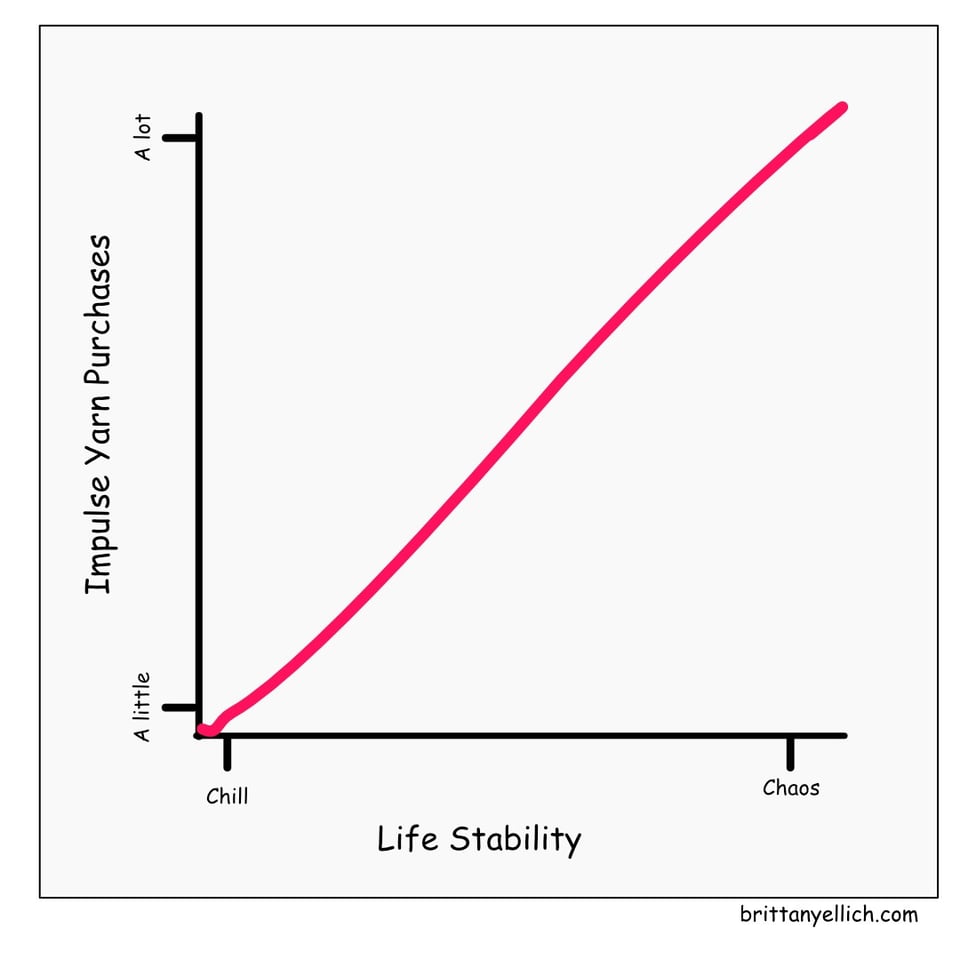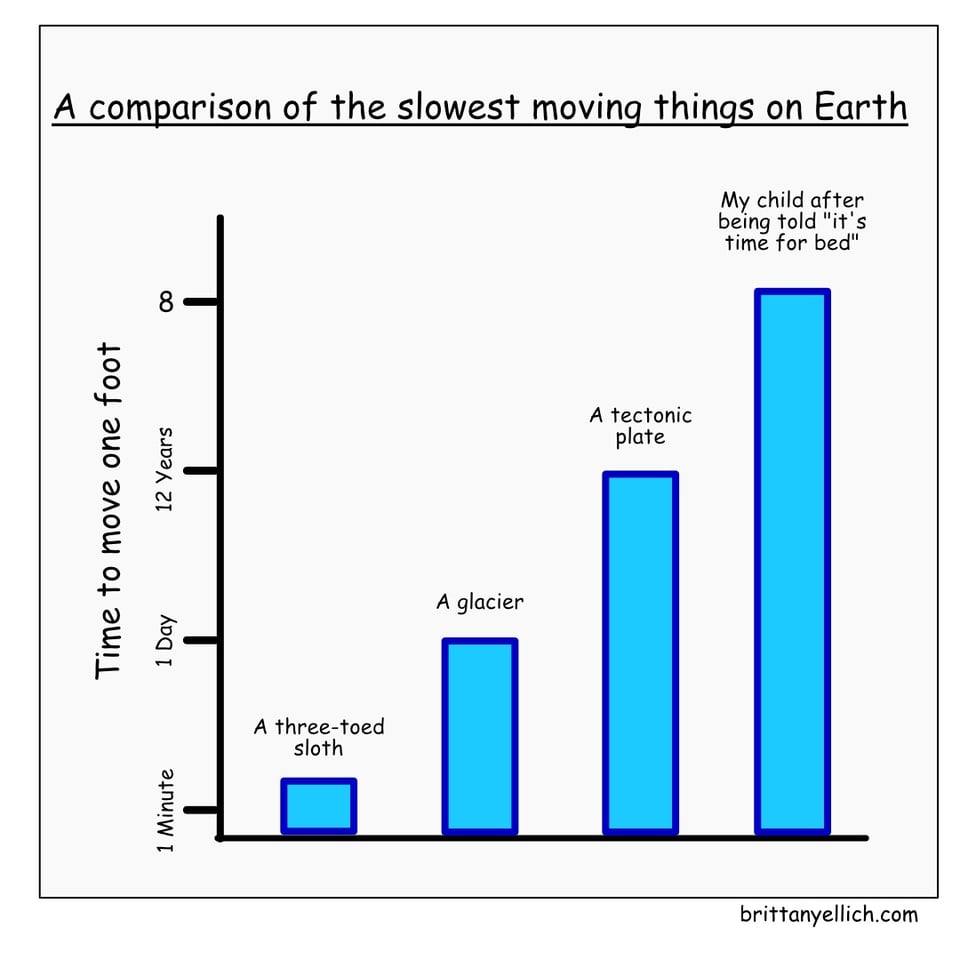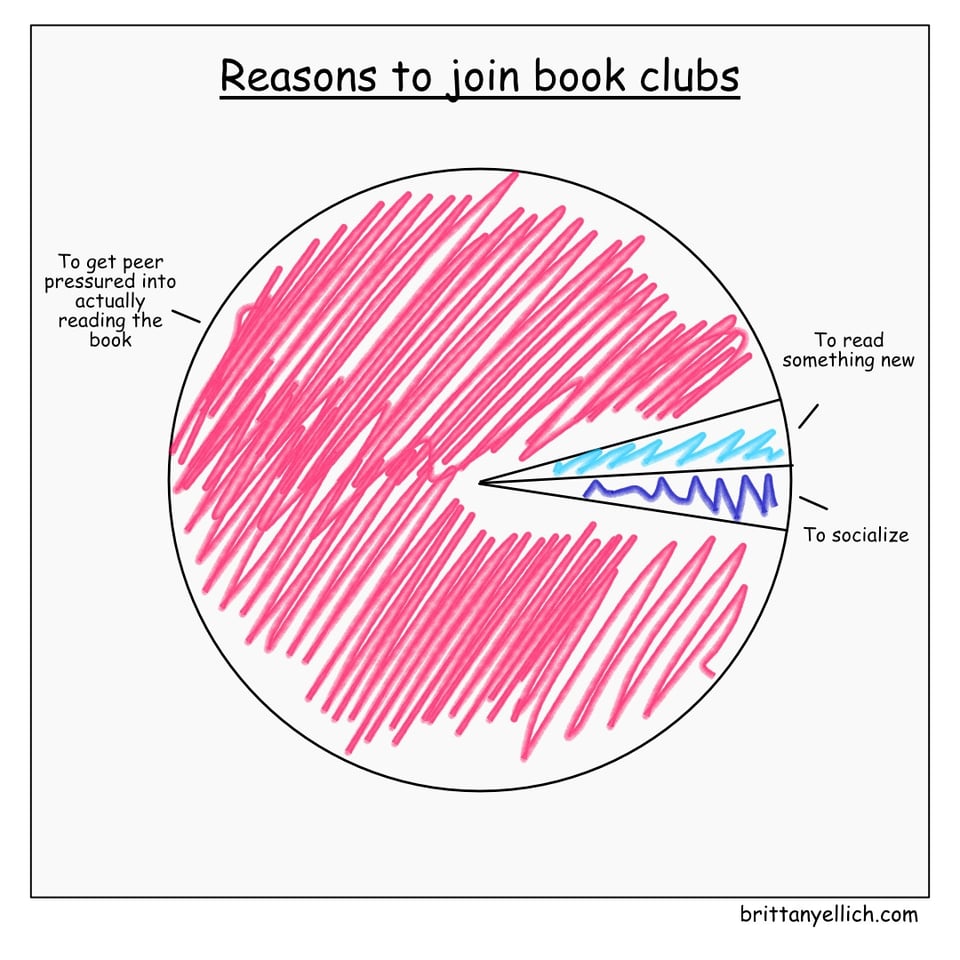The Balanced Engineer • Issue #32
Diving into AI influences on web usage, overcoming imposter syndrome, and biases in evaluating colleagues with article summaries from Tim Kellogg, Mike Fisher, and Chris Stokel-Walker!
The Balanced Engineer Newsletter
Week of August 11, 2025 • Issue # 32
🧠 Mental Models & Problem Solving
How we think about complex problems
GPT-5 failed the wrong test by Tim Kellogg (His Blog).
Summary: This is a brief read by Tim Kellogg where he reacts to the paper Agentic Web: Weaving the Next Web with AI Agents. He describes the three eras described in the original paper, the PC Era where users seek information, the mobile/social era where content is pushed to people via algorithms, and the agentic web era, where a user expresses intent and agents presumably do the actual web work. In particular, Tim brings up the fact that this changes the ad model quite a bit, as folks will now be advertising to agents instead of to individuals.
Why this resonates: The main reason that this resonates with me is due to the changing nature of algorithms and ads. I am personally pretty fed up with algorithm-driven platforms that have dramatically changed the social landscape of the entire world, and it's a bit hard for me to determine if changing the advertising model to advertise to agents (and thus trick them into purchasing items from a specific seller) is going to be a positive one.
Thinking about the "agentic web" is a bit of a head spin for me, and I'm adding the full article to my reading list, which I probably wouldn't have otherwise if Tim hadn't written about it. So thank you, Tim!
Tags: AI
🚀 Career & Growth
Intentional choices for long-term success
Imposter Syndrome by Mike Fisher (Fish Food for Thought)
Summary: This is a great overview of imposter syndrome with a few key points: That women often feel more imposter syndrome than men, that some groups, like guitarists, may feel more imposter syndrome than other groups due to the vast array of styles to do that thing, and that management may also be one of those groups that feels extra imposter syndrome due to the vast array of styles of leading. The key is to lean into that imposter syndrome as an opportunity to reflect.
Why this resonates: I'm always a sucker for a discussion on imposter syndrome. I've learned two things about it since first hearing the term. 1) That everyone has it. Everyone. Even that person that you're like "wow I bet they feel so confident!". 2) That it can be interpreted in hundreds of different ways.
The idea that imposter syndrome may be more likely in fields where there are many styles to do things resonates with me. It makes sense. Folks might see someone that they admire and see that they do things differently from them, and thus feel like an imposter. When in reality they're also doing the thing, it's just in their own way.
Overall I like the idea of taking an opportunity to reflect when feeling imposter syndrome, to see if something deeper is going on. Although, as a chronic overthinker, I may do that a bit too much already!
Tags: imposter syndrome
💬 Communication & Collaboration
Because the best code means nothing if you can't work with humans
Are you paying the AI Competence penalty? by Chris Stokel-Walker (LeadDev)
Summary: This article summarizes findings from a recent study by the Harvard Business Review which found that engineers perceived their colleagues as less competent if they used AI tools to write code, even more so if that colleague was a woman. The study provided some suggestions to avoid this, like increasing adoption of AI tools within your organization or removing the 'AI-assisted' label from code written using AI tools.
Why this resonates: I found this article interesting in part because it was a very good quick summary (mostly quick articles this week, I've been very busy!) and because it described a bit of the perception of AI from outside the AI bubble. Working at GitHub, I definitely feel like I'm inside an AI bubble. Everyone around me uses GitHub Copilot. Like, a lot. Which isn't a bad thing. Copilot has saved me on a LOT of occasions. But it does make me feel a bit out of touch with what's happening in the "normal world" with respect to opinions on the use of AI.
I find it fascinating that there's a negative opinion of other colleagues that use AI to help write code (even more so if the person with the opinion does not personally use AI). I will say that if someone says "I used Copilot to generate most of this", I definitely would look at that code with more scrutiny. But that's not because I have an opinion that they're less competent... I think I would apply the exact same level of scrutiny that I would use if someone told me that they "copy and pasted this from Stack Overflow". It's an extra level of thought around "hmm does this thing actually make sense" that I would hope other folks would also apply when reviewing my own code.
I also find it not at all surprising that women pay a higher penalty here. That seems to be a common trend. The author includes a quote from the original article stating "ask yourself, if a man provided the same work, how would it affect perceptions of his competence?" is a good gut check that folks should apply to all work to determine if there's bias coloring your opinion of that work.
Tags: AI
🎯 Try This
One small thing to practice this week
When reviewing code this week, ask yourself "How would I feel about this work if X completed it?", inserting someone you admire, someone that you can't stand, and yourself in for X
Think about how your bias might impact how you review code. Consider:
- Does the way that you feel about the author impact how you think of that code?
- Does that opinion change if you know how they wrote it (with or without AI assistance)?
- Do you think more critically about code that you personally write?
What I've Been Building
A quick look at what I've been working on this week
- Overcommitted: Ep. 19 | AT Proto, MCP, and Open Source with Nick Gerakines - I may say this every week but this may be one of my favorite episodes! It was lovely talking to Nick and learning about AT Proto from him. I have such high hopes about the direction that this social media is taking!
- Overcommitted Book Club: Check out the insights from participant's read of the fifth chapter of Looks Good To Me!
- Blog post: I finally added Bluesky comments and likes to my blog (and you can too!): Inspired by the conversation with Nick, I decided to try out adding comments and likes from Bluesky to my blog, and it was really fun!
- Blog post: The art of saying yes: How I do so many things: Two blog posts in one week?? I just had a lot to say! This was a fun blog post to write to recap the way I do lots of "extra" things, in addition to having a job, family, responsibilities, etc.
- Illustration: I'm taking on a challenge to draw one thing each week day in August. Here's a few I did this week:



Add a comment: